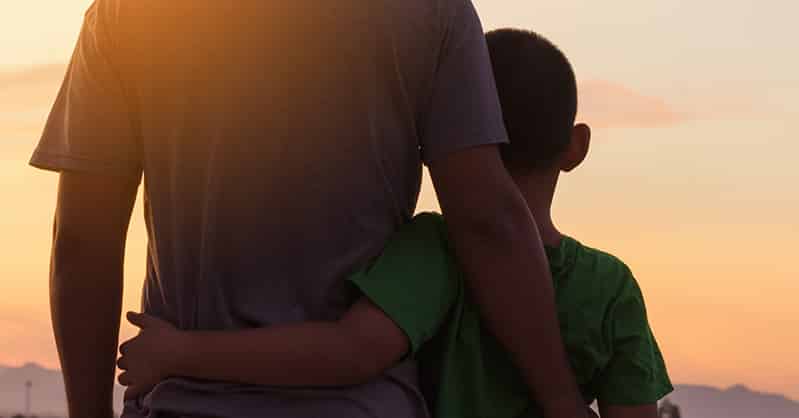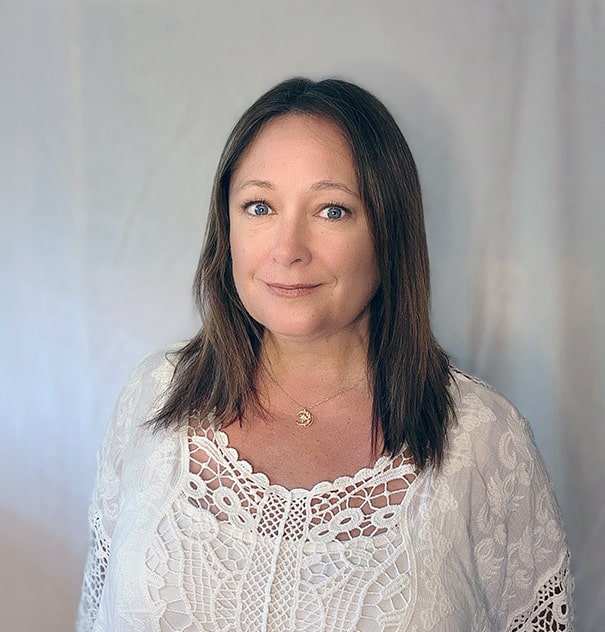When my father passed away, I was just 16 years old. And while this should have brought my world crashing down, you should know that this event was not as traumatic for me as it likely should have been, at least not right away. I was grieving, of course, but my relationship with my father was complicated. He battled alcoholism for the last six years of his life, and after countless attempts to help him, my family had no choice but to give up on him, as the only other option was to give up on ourselves.
The result was that my parents divorced in August 2007, a change that was welcomed by my family. By February 2008, he was dead.
As you might expect, this series of events produced a whirlwind of emotions inside of me. Even though I may have been mad at him for his choices and how they affected my family, he was still my father, and before he got sick—for alcoholism is a disease—he was an excellent father of whom I have many fond memories.
But I also felt a strange wave of relief, as if a major stressor in my life had just disappeared, and because of this, I felt guilty. What kind of person am I if the death of my father produces such relief? Yet my guilt extended beyond this. I began to regret many of the things I thought were helping my father but that may have contributed more to his pain.
To be more specific, the first time I cried for my father’s death was not when I found out he had passed. I was too much in shock, and there were too many things going on at once for me to experience true grieving. But shortly afterward, when my sister had come home from school and we’d all spent some time with one another, I retired to my room and the sadness washed over me.
Grieving the Space Between Us
As a teenager, I had always loved playing baseball, and it’s something my father and I shared. However, as his sickness consumed him, he could no longer be trusted to show up to my games sober, and the pain and embarrassment caused by his drunken appearances was too much for me to handle. So I told him he could no longer come. Reflecting on this choice after his death consumed me with grief. That night is one I will never forget.
This decision was partially the guidance of the counselor I was seeing at the time. An older gentleman who also grew up with an alcoholic father, this man had a profound impact on how I approached the situation, and meeting with him every few weeks proved to be endlessly useful in helping me navigate this chapter of my life.
For example, he always advocated for the idea of choices. He was adamant that everything we do in life is a choice, and that each one of those choices has consequences. Some of these choices we can control, whereas others we cannot. Later, I learned that wisdom is the ability to distinguish between the two and to act when we can and be patient when we can’t.
In some ways, my father chose to drink. But in many ways, he didn’t. However, this was a choice I could not control. But I could control the choices I made, and while my father was in great pain and experiencing great suffering, I was completely powerless to the choices he made, and all I could do was follow a path that was going to be best for me. And unfortunately for my father, that meant putting space between us, for if I let him get too close, he would cause too much pain.
Mindfulness in the Rear View Mirror
In looking back, it’s become apparent to me that I was practicing some version of mindfulness, although I didn’t really know it at the time. Mindfulness is awareness. It’s about stepping back and acknowledging things for what they are. It’s about choosing not to engage with every single emotion that crosses through us, no matter how powerful it may seem. And it’s about not letting the consequences of that which we cannot control dictate how we live.
It took me a long time to get to this point. It’s been more than 10 years since my father passed, and I am, in many ways, still grieving and dealing with this loss. Not only did my father leave my family in a difficult position from which we may never fully recover, but he left all of us with scars that will never fully heal. But despite all of this, I forgive him. He was a human being, and we are nothing if we are not flawed. And he was not aware, or in control, of himself and his actions. I believe it was the path I took after my father’s death that helped me arrive at this mental and emotional state.
I finished school in 2013, and like many other 20-somethings, I set my sights on worldly endeavors. I went to Spain to teach, but mostly to learn Spanish and travel. Then I drifted into Southeast Asia with a woman I’d fallen in love with, and with whom I still maintain a relationship, although its exact nature is difficult to define. There we spent time working both for other people’s dreams and for our own, and we learned things about ourselves that still guide us today. After this trip, I spent a few more years living abroad, most of which were spent in Spain studying, but some of which were spent in the Czech Republic, India, and once again in Southeast Asia until I finally returned home.
Continuing My Journey
Now that I am back home, that indescribable itch to go has once again consumed me. I find myself wanting both the strong roots I enjoyed while growing up, but also the freedom and recklessness of an unattached youth. I change my mind constantly. Some moments I want nothing more than to be where I am, and at other times it’s all I can do not to run away. And while I recognize this is partly due to our innate human dissatisfaction—we are hardwired to never rest with what we have—I also know there is something larger at play.
So once again mindfulness enters the scene. And once again, I realize I had unknowingly been practicing it for some time. It may sound cliché, but travel essentially is mindfulness. Removing ourselves from our comfort zone requires us to look inward and to be more aware of the many forces acting upon us at any given moment. But because of some of the physical restrictions placed upon us through travel, we aren’t always able to act fully on the emotions these forces are creating. And through this experience, I have become more mindful, even if I wasn’t aware of it.


